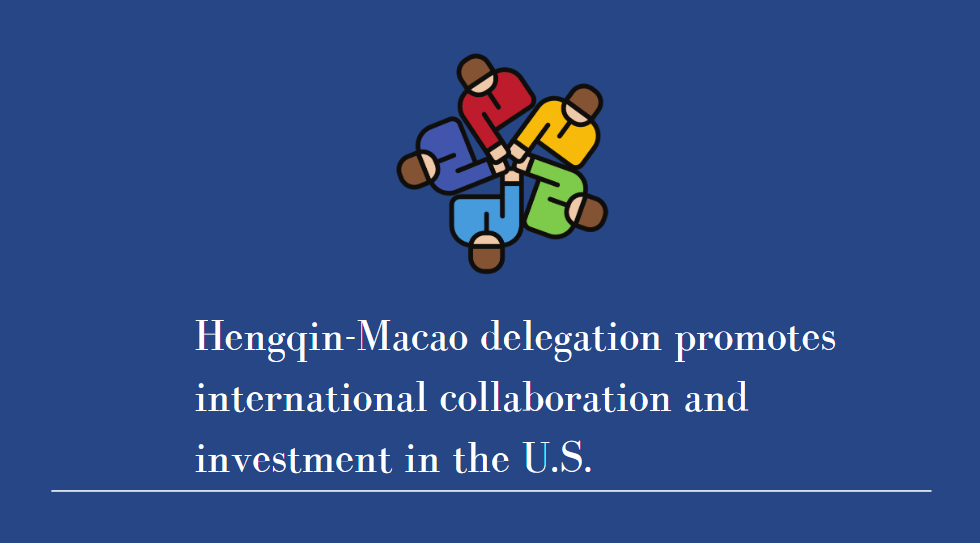China Unveils Guidelines for Advancing High-Quality Development of Inclusive Insurance
On June 6, the National Financial Regulatory Administration (NFRA) announced the release of the "Guidelines on Promoting the High-Quality Development of Inclusive Insurance" (hereinafter referred to as the "Guidelines"). This initiative aims to enhance the development of inclusive insurance in China, ensuring it better meets the needs of the populace and supports the real economy.
According to an official from the NFRA, the recent Central Financial Work Conference emphasized the importance of five key areas: technology finance, green finance, inclusive finance, pension finance, and digital finance. Last year, the State Council issued the "Implementation Opinions on Promoting the High-Quality Development of Inclusive Finance," setting new expectations for inclusive insurance. Various market participants have actively engaged in inclusive insurance, leading to deeper service offerings, a broader range of products, and expanding coverage. However, challenges remain, such as insufficient service breadth, low quality, and lack of innovation. There is still a significant gap between insurance supply and public demand for coverage.
To address these issues, the NFRA issued the "Guidelines" to refine the regulatory framework for inclusive insurance and provide robust policy support. The official emphasized several principles for the high-quality development of inclusive insurance: broad coverage to improve accessibility, affordability to benefit the public, fairness and integrity to enhance the protective nature of insurance products, and sustainable operation to ensure long-term stability.
The "Guidelines" highlight the role of inclusive insurance in China's broader inclusive finance strategy, focusing on providing wide-ranging, fair, affordable, and effective insurance services to the public. Over the next five years, the aim is to establish a high-quality inclusive insurance system. This system will see significant improvements in basic insurance services, better access for key areas and groups, enhanced insurance infrastructure and development environment, and effective risk prevention and mitigation. The development of inclusive insurance will also contribute to building a strong financial nation.
The NFRA official pointed out key areas for the current development of inclusive insurance, including increasing coverage for farmers and low-income urban groups, and enhancing protection for the elderly, women, children, the disabled, people with chronic illnesses, those in special occupations, and new urban residents. Efforts will also focus on improving the risk resilience of small and micro enterprises, individual businesses, and new types of agricultural entities. There will be a strong push towards developing agricultural and pension insurance, participating in natural disaster response, public safety, and risk reduction services, and enhancing risk protection capabilities across various domains. The development of medical liability, medical accident, and vaccination-related insurance will be actively pursued. Additionally, insurance products catering to childbirth and children, in response to demographic policy changes, will be developed to meet family risk protection needs.
The "Guidelines" mandate that insurance companies establish leadership structures for the development of inclusive insurance, enhance strategic planning and top-level design, and have their boards and management regularly review the progress. Companies should designate departments to spearhead inclusive insurance efforts and develop mechanisms for promoting high-quality development. Incorporating inclusive insurance development and social responsibility into performance evaluations is also required, with a benchmark of no less than 5% of the performance appraisal weight for large insurance companies. Strengthening internal controls is crucial to ensure compliance with laws, the authenticity of financial data, and timely risk identification and prevention.
The NFRA stated that the next steps involve firmly implementing the "Guidelines," guiding insurance companies to diversify inclusive insurance products and services, improve the protection level for farmers and low-income urban groups, and enhance the risk resilience of small and micro enterprises. Efforts will focus on improving service quality and efficiency, leveraging the strengths of various insurance companies, establishing robust management mechanisms, and regulating the behavior of insurance agents and collaborators. Organizational support will be strengthened, coordination with various stakeholders will be actively pursued to optimize the development environment, data infrastructure will be solidified, and comprehensive inclusive insurance education and research will be conducted. Enhanced supervision of inclusive insurance business will be implemented, with refined statistical indicators, stronger consumer protection, and rigorous regulatory measures to ensure sustainable and healthy development of inclusive insurance.
China's commitment to advancing inclusive insurance underscores its broader goals of financial inclusivity and economic resilience, ensuring that the benefits of insurance reach all corners of society.






















































First, please LoginComment After ~